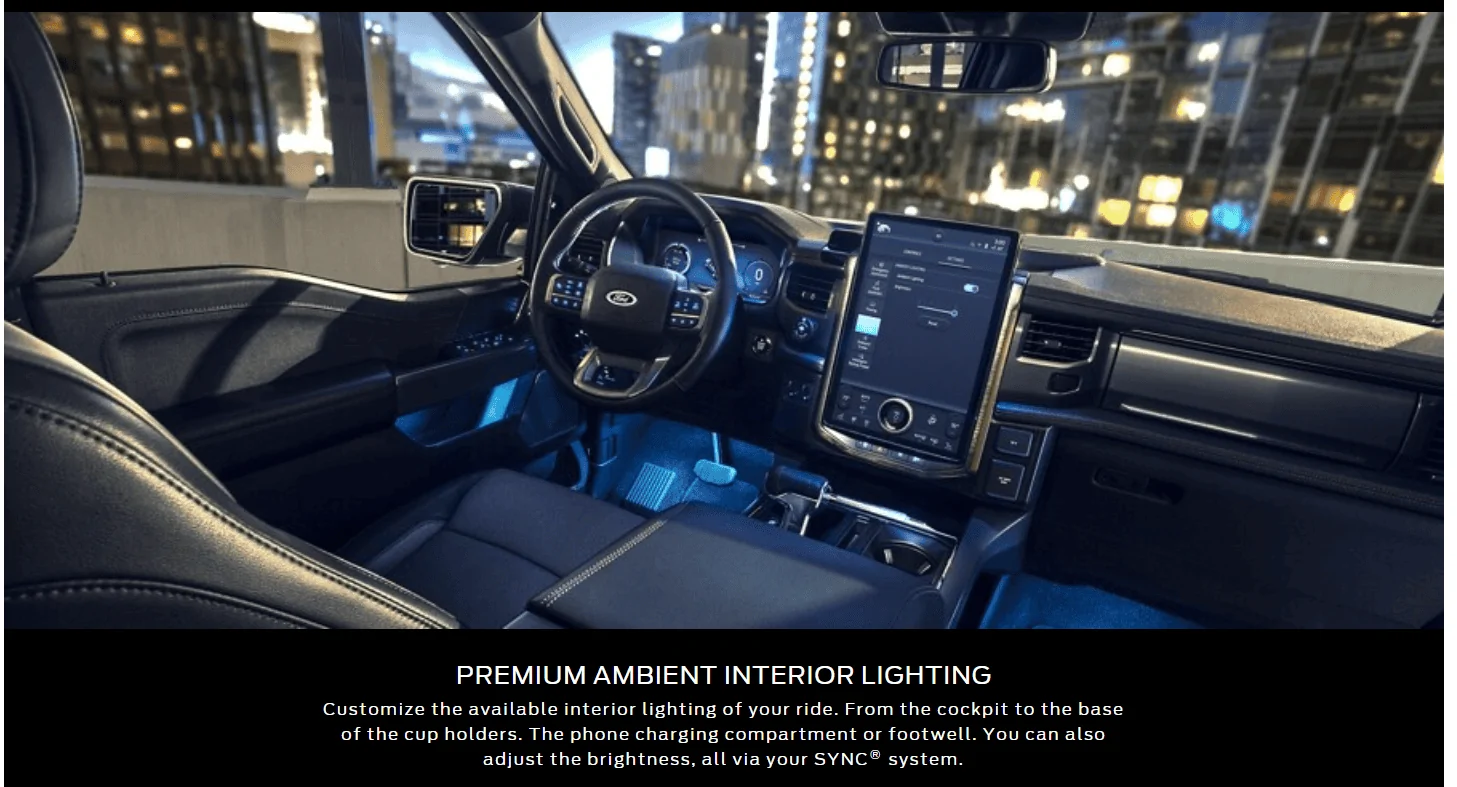FordLightningMan
Well-known member
- Joined
- Dec 21, 2021
- Threads
- 9
- Messages
- 580
- Reaction score
- 721
- Location
- Upstate New York
- Vehicles
- F150
I agree that replacing carbon spewing gas vehicles is the whole purpose of the credit. When the credit was introduced, there was skepticism over EVs and even wealthy people needed to be pushed to become early adopters in the technology. The $7,500 tax credit that's now phasing out did a wonderful job in luring early adopters, I would say the current credit was an overwhelming success. We just don't live in the same world now, as when the $7,500 credit was introduced. Tesla specifically has proven the EV demand far exceeds the supply. There just isn't logic to put taxpayer money into an incentive, when no incentive is needed.While I fully agree with you that it’s ridiculous to subsidize $80K vehicles, it would still help in replacing carbon spewing gas vehicles with clean EVs. And that’s the stated purpose of the whole tax credit. Making it refundable will help many more people benefit from it.
Where there still are many carbon spewing vehicles is in the sub-$40k segment, which is where a majority of car buyers are shopping. If we need to put $20k incentives on these sub-$40k EVs for households with earnings less than the national average, I am all for it. This would have an exponentially greater impact on the environment than giving someone who was going to buy an EV anyway $7.5k-$12.5k. Wealthy people had their chance to get a piece of the pie already and many upscale automakers still have incentives, so I don't see this as unfair.
Sponsored


